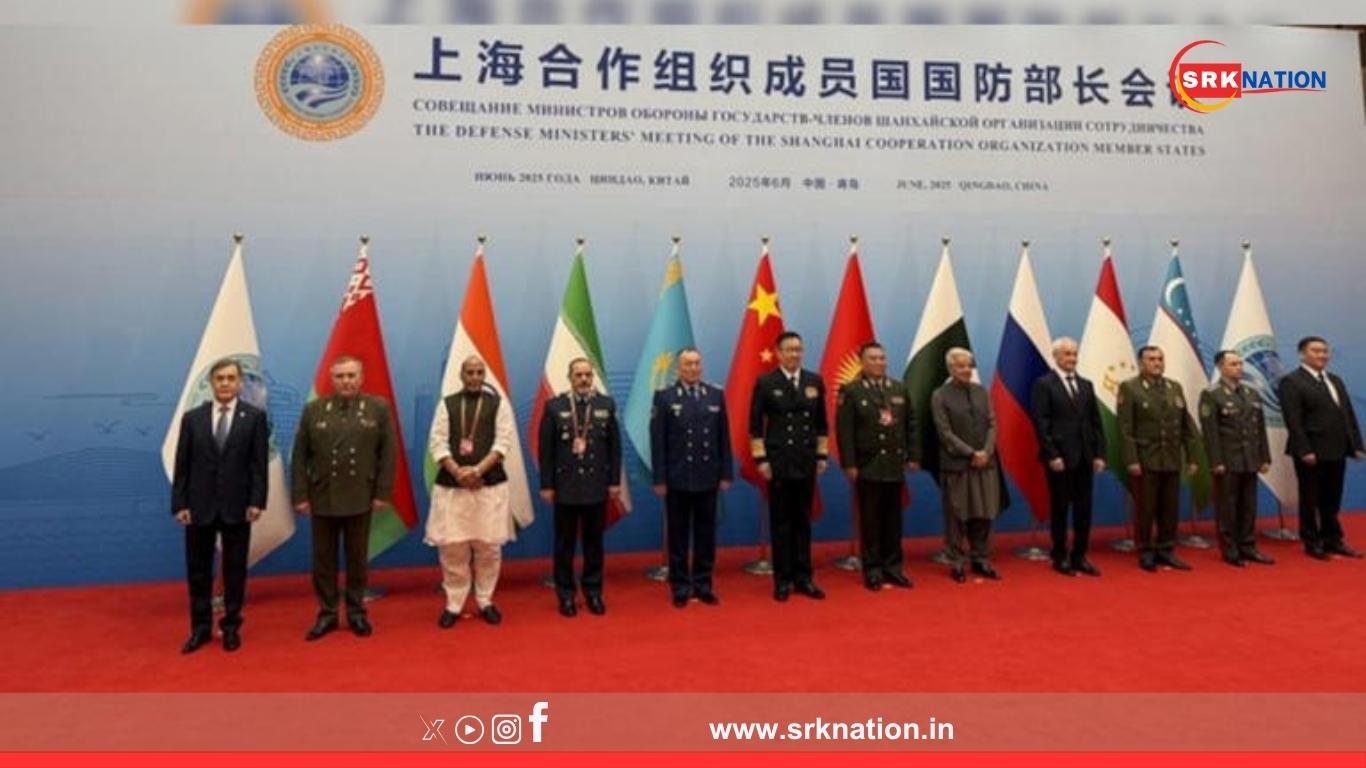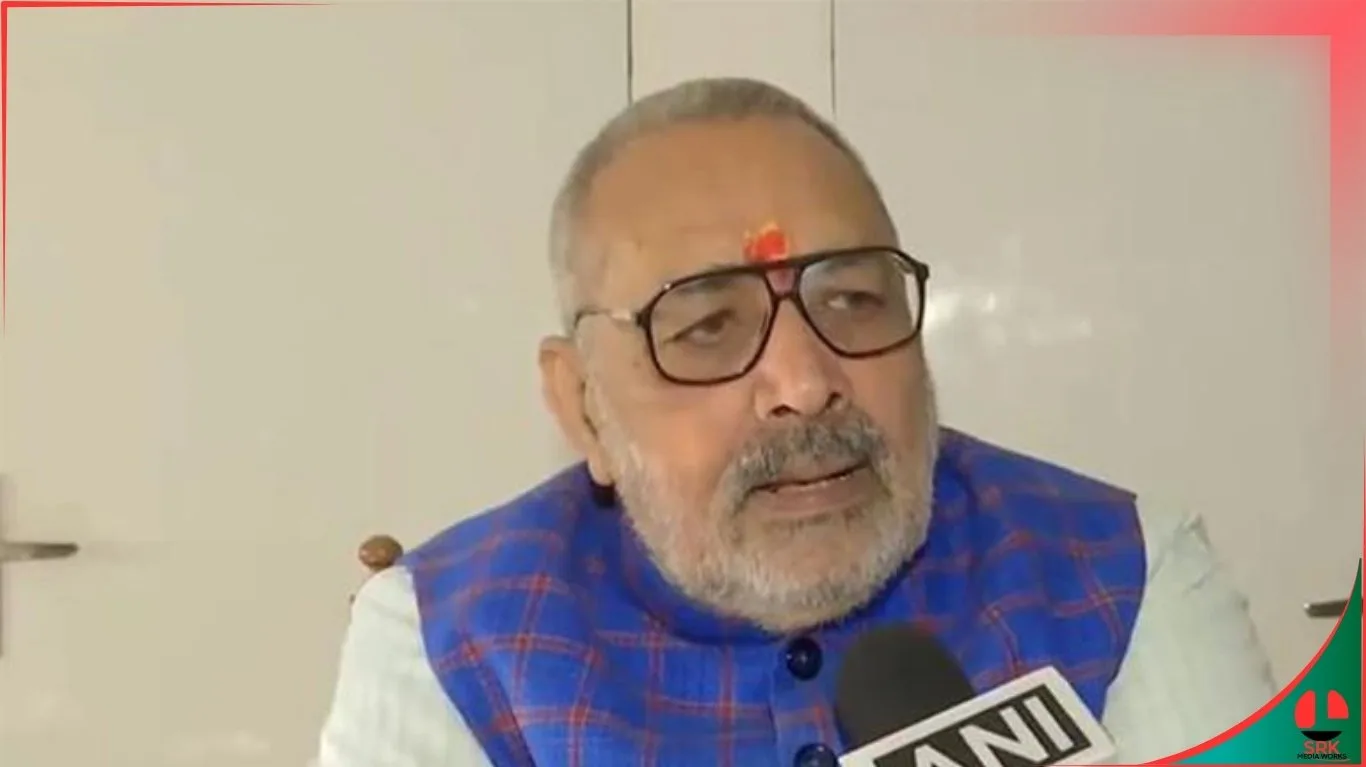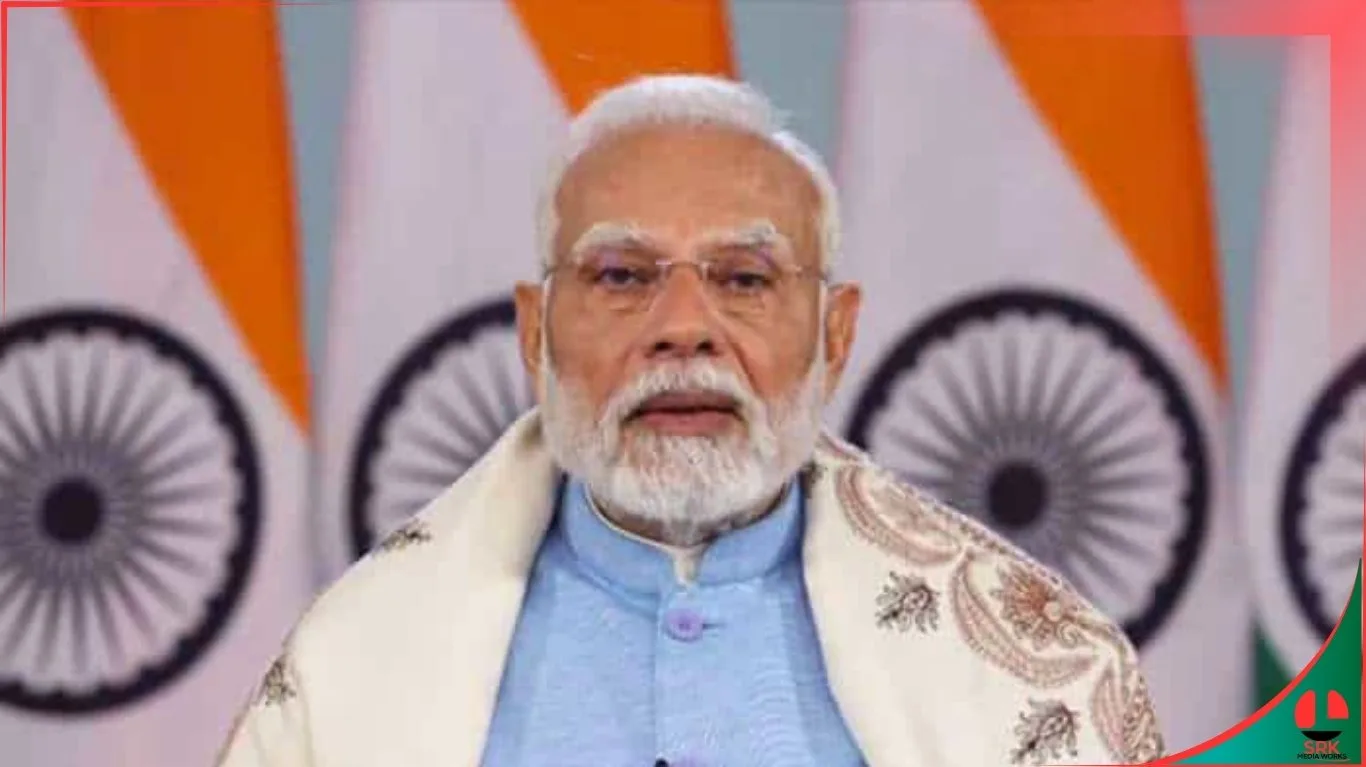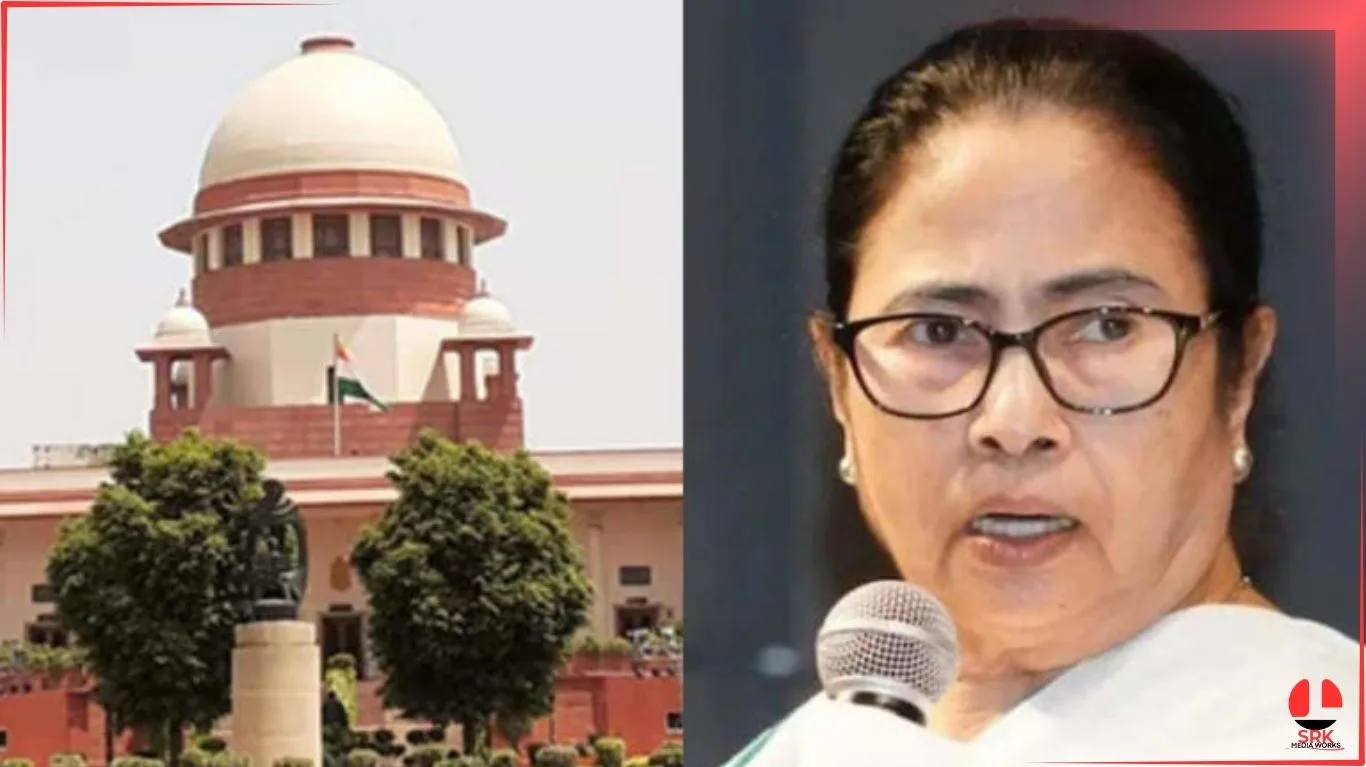India has refused to endorse a joint statement at the Shanghai Cooperation Organisation (SCO) Defence Ministers’ meeting in Qingdao, China, after the document omitted reference to the April 22 Pahalgam terror attack and included a controversial mention of Balochistan. The move, led by Defence Minister Rajnath Singh, underscores India’s zero-tolerance stance on terrorism and its growing assertiveness in multilateral forums.
Why India Withdrew Support
The proposed SCO document failed to acknowledge the Pahalgam attack, which killed 26 civilians, including 25 tourists, and was allegedly carried out by Pakistan-based terror group Lashkar-e-Taiba through its proxy, The Resistance Front (TRF). Instead, the statement included references to Balochistan, a region where Pakistan has long accused India of fomenting unrest—a claim India strongly denies.
“Peace and prosperity cannot coexist with terror,” Singh said, calling out the use of terrorism as a state policy tool, in a veiled reference to Pakistan.
No Joint Statement Issued
Due to India’s objection, the SCO meeting concluded without a joint communique, highlighting deep divisions within the bloc on counter-terrorism cooperation. Singh’s firm stance aligns with India’s previous refusals to endorse SCO documents that dilute its strategic interests, including opposition to China’s Belt and Road Initiative.
Diplomatic Implications
India’s decision signals a broader shift toward strategic autonomy and a refusal to compromise on core national security concerns. It also reflects growing frustration with China and Pakistan’s attempts to downplay cross-border terrorism while pushing narratives that target India.
🔁 Share this article to stay informed on India’s evolving foreign policy and its firm stand against terrorism in global forums.











